The views expressed in our content reflect individual perspectives and do not represent the authoritative views of the Baha'i Faith.
I grew up in a small town in Indiana with many members of the Quaker faith – and I always liked their practice of calling each other “friends.”
In doing so, the Quakers seemed to say that they were more than co-religionists; they also experienced their relationships on a personal level.
Many years later, when I decided to join the Baha’i Faith, I became part of a worldwide community of people who also use the term “friends,” though not in the exact same way. The word isn’t embedded into the Baha’i Faith in a formal or structured way. While we often refer to ourselves as “the friends,” we also frequently use that word when referring to all people, not just other Baha’is. In doing so we adhere to the teachings of Baha’u’llah, the founder of the Baha’i Faith: “Consort with the followers of all religions in a spirit of friendliness and fellowship.” – Tablets of Baha’u’llah.
Why am I writing about all of this now? Today, July 30th, is the United Nations International Day of Friendship — a perfect time to reflect on the concept of friendship.
The United Nations explains the background of this special day on its website:
… proclaimed in 2011 by the UN General Assembly with the idea that friendship between peoples, countries, cultures and individuals can inspire peace efforts and build bridges between communities … follows on the proposal made by UNESCO defining the Culture of Peace as a set of values, attitudes and behaviours that reject violence and endeavour to prevent conflicts by addressing their root causes with a view to solving problems.
So what exactly is friendship? Beginning with several dictionaries, I found that most define “friendship” as involving a bond of mutual affection and trust. Depending on context, further explanations mention social contact, mutual defense, and shared experiences.
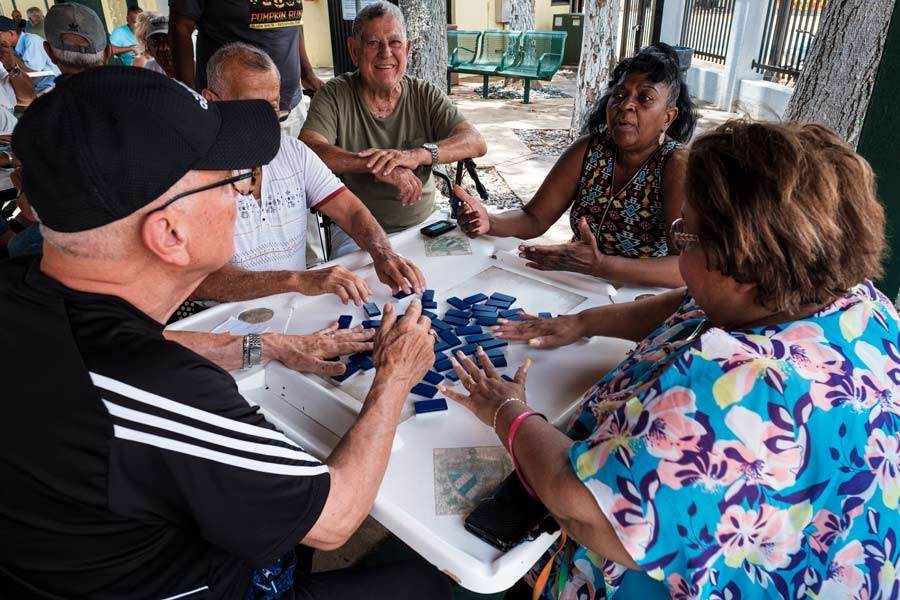
Turning next to literature, I remembered reading classical philosophy as a university student. I learned then that Aristotle, among the best-known of the ancient Greek philosophers, considered “philia” — translated as “brotherly love” — as one of four words for love. Aristotle said “Without friends, no one would want to live, even if he had all other goods.” The other three words for love translate into English as familial love; the love we have for God and that He returns to us; and passionate love or romance.
The notion of friendship as “brotherly love” describes a relationship we can consciously develop, nurture, and cherish as one of the ways we experience love.
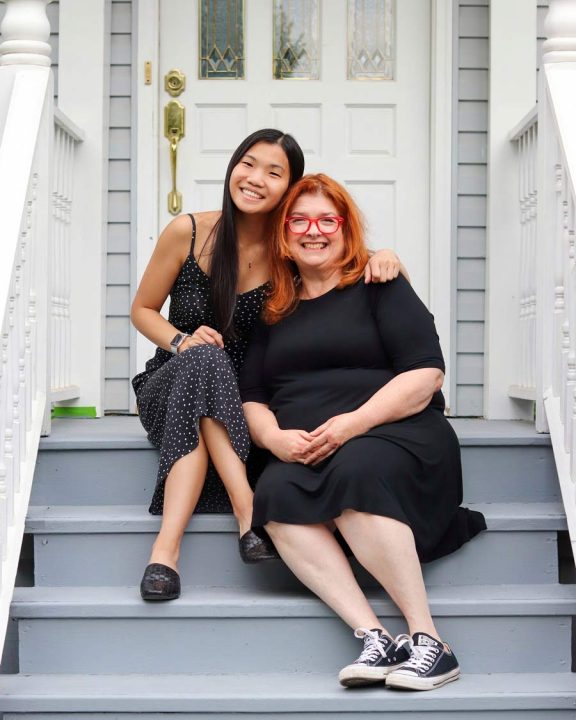
What would the world be like if we loved all people as friends? What if we regarded them with affection and trust? I do not deny that there is great evil in the world and that we would be naïve to ignore the risks. On the other hand, can we create a world where the initial reaction toward others is welcoming and respect, where our primary goal is expressing friendship as form of brotherly love? The Baha’i teachings ask us to try:
Thoughts of love are constructive of brotherhood, peace, friendship, and happiness. – Abdu’l-Baha, Paris Talks.
In our deeply troubled times, when we’re dealing with the COVID-19 pandemic, divisive partisanship, economic hardship, climate change and other environmental threats, racism, or any of the other trials and challenges we now face — how can we demonstrate friendship to people around us as well as people far away? Is there a fundamental difference between people I personally know and people I don’t?
See ye no strangers; rather see all men as friends, for love and unity come hard when ye fix your gaze on otherness. – Selections from the Writings of Abdu’l-Baha.
If we truly love all people as friends — and if we think of friends as our own family — we will want to ensure their well-being. We will work to end hunger and homelessness, free the oppressed, welcome the disenfranchised into society, end all prejudices, educate all, free the enslaved, and end injustice everywhere. Difficult as it may be to think about what any of us as individuals can do to help our friends around the world, there is indeed much that we can do.
Do not be content with showing friendship in words alone, let your heart burn with loving-kindness for all who may cross your path. – Abdu’l-Baha, Paris Talks.
Some pray for others; some donate generously to worthy causes; some do hands-on volunteer work; some engage in various forms of social activism; some use the arts to express hope, love, anger, and fury – we can help individually and collectively in so many different ways.
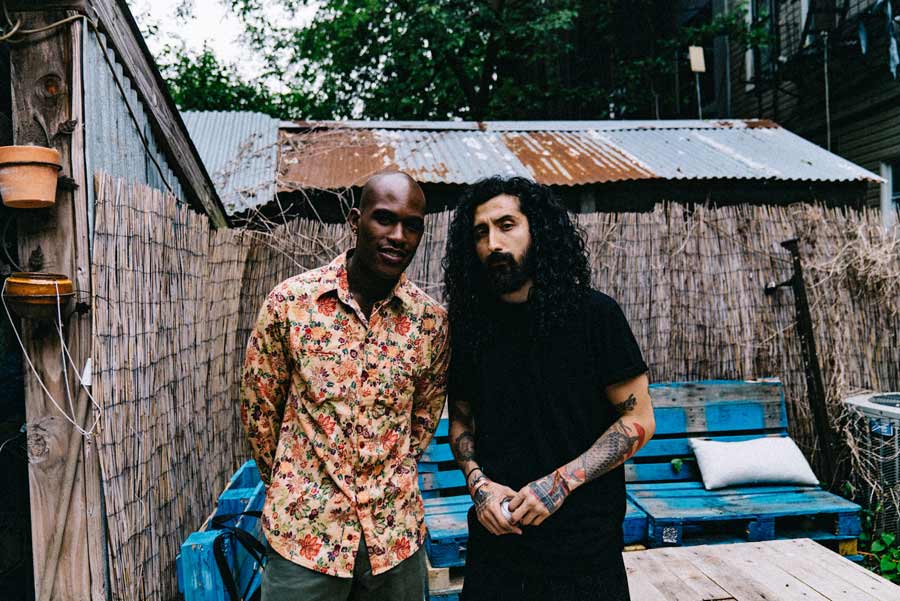
The United Nations also calls for friendly efforts between communities. Can we embrace this kind notion wholeheartedly, seeing beyond geographic borders? Surely a community is more than just people who happen to live near each other. What if we think of community as ever-enlarging circles of relationships, the final form therefore being one human family?
The diversity in the human family should be the cause of love and harmony, as it is in music where many different notes blend together in the making of a perfect chord. If you meet those of different race and colour from yourself, do not mistrust them and withdraw yourself into your shell of conventionality, but rather be glad and show them kindness. Think of them as different coloured roses growing in the beautiful garden of humanity, and rejoice to be among them. – Ibid.
On this International Day of Friendship, or whenever you happen to read this, please consider one thing, even just one thing, you can do to create friendships. Whatever you already do, how might you add to it? However you presently experience friendship, do you take time to value it? What have you learned locally that can be taken further? Where do you get your ideas and inspiration? How do you share stories as well as fears or even outrage?
This hopeful statement from the Baha’i International Community brings it all together, linking friendship with all of humanity to a more hopeful future:
Above all, the Baha’i world will continue to foster hope for the future. It will confidently share its conviction that, by following God’s will for today, humanity will be transformed, unity and peace will be attained, and a prosperous, sustainable world civilization — the fruits of which will be enjoyed by the entire human family — will emerge and extend into the distant future. – Conservation and Sustainable Development in the Baha’i Faith, 6 April 1995.


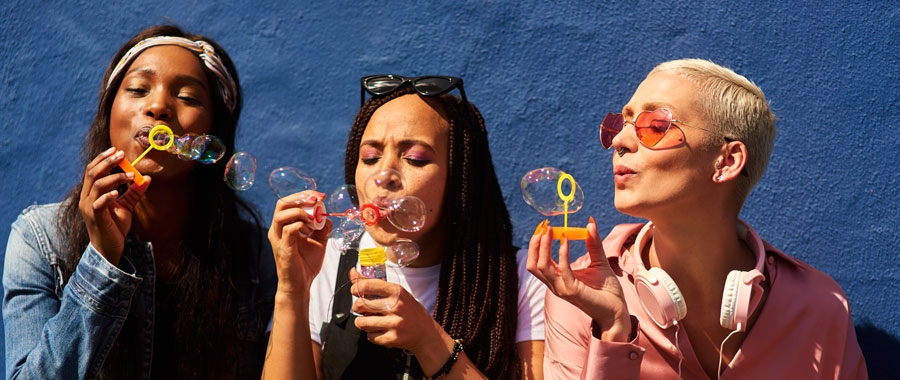

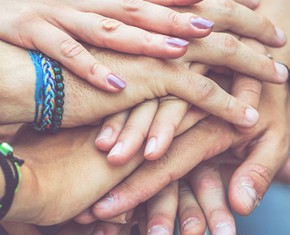









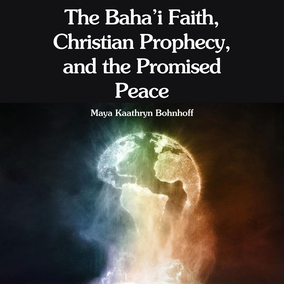

Comments
Sign in or create an account
Continue with Googleor